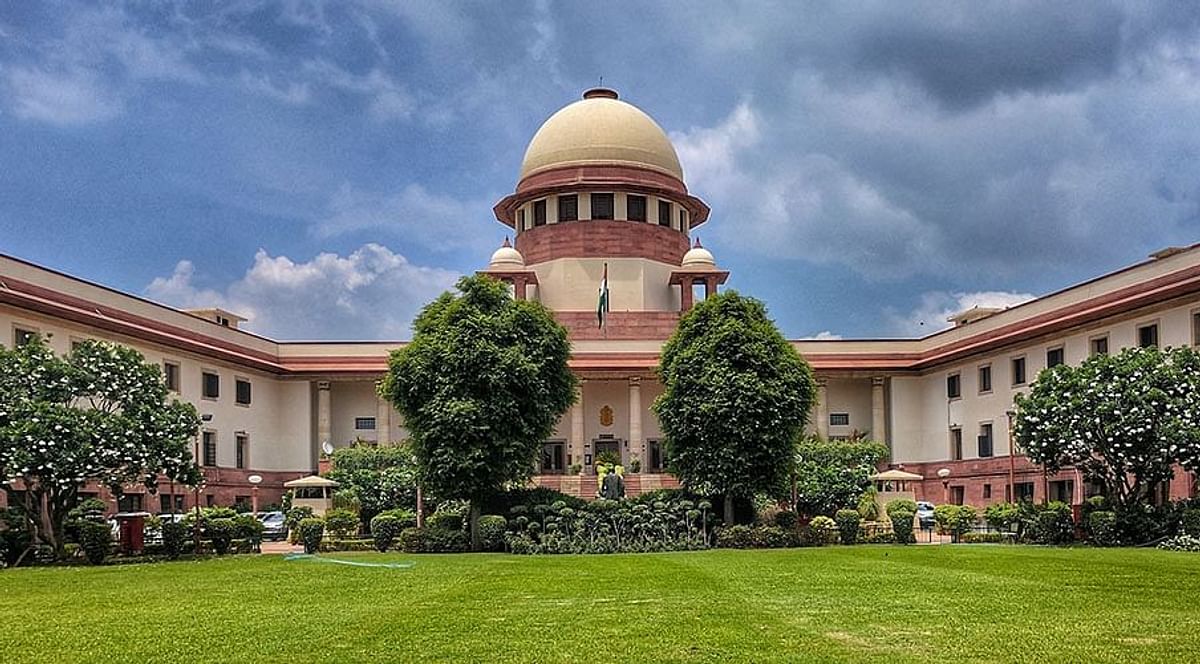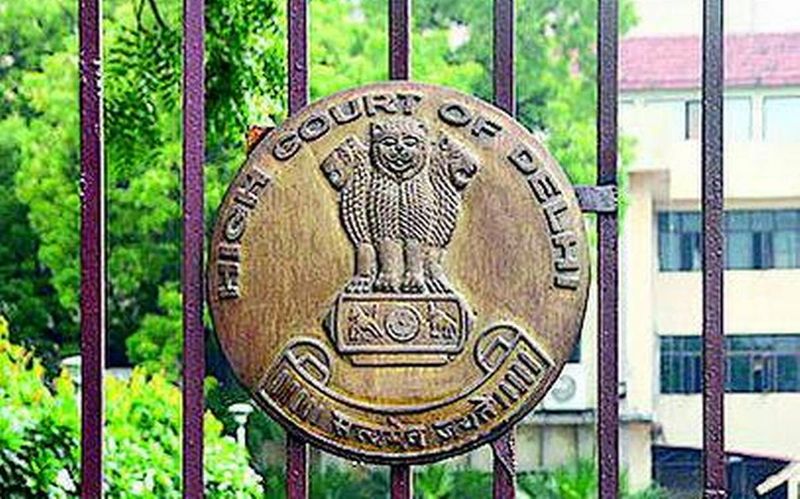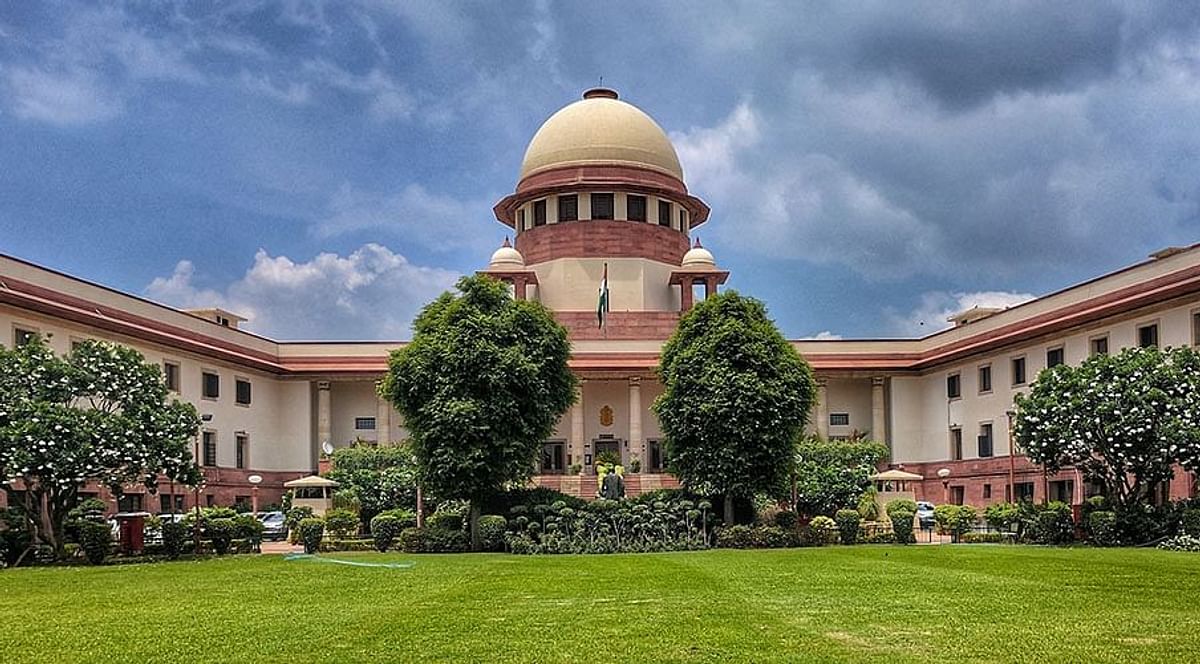The Supreme Court stated on Friday that arrests under the anti-money laundering law cannot be made at the discretion of Enforcement Directorate (ED) officers. A bench of Justices Sanjiv Khanna and Dipankar Datta, granting interim bail to Delhi Chief Minister Arvind Kejriwal in a money laundering case linked to an excise policy scam, emphasized that undue latitude to the ED undermines constitutional values.
"An officer cannot selectively choose evidence implicating the arrestee while ignoring exculpatory material," the bench noted in its 64-page verdict. The bench asserted that the power to arrest under Section 19(1) of the PMLA must not be wielded arbitrarily, emphasizing that ED officers must consider all relevant material.
The bench clarified that while the ED officer's opinion is subjective, it must adhere to the law. Ignoring exculpatory material without explanation constitutes legal malice. The court highlighted that the 2022 Vijay Madanlal Choudhary verdict, which upheld the PMLA's validity, expects high-ranking officers to objectively evaluate all evidence before ordering an arrest.
The Supreme Court underscored that judicial review can strike down decisions marred by legal errors or arbitrary actions. This is not judicial overreach but ensures law enforcement aligns with statutory and constitutional principles. The court can intervene when authorities misapply the law or disregard relevant grounds.
The bench concluded that errors in decision-making processes, particularly under Section 19(1) of the PMLA, can lead to unlawful arrests and deprivation of liberty. Therefore, while courts should not assess the correctness of an opinion or sufficiency of evidence, they must scrutinize the process to ensure vital facts are considered and valid reasons are present.








 OpinionExpress.In
OpinionExpress.In















Comments (0)